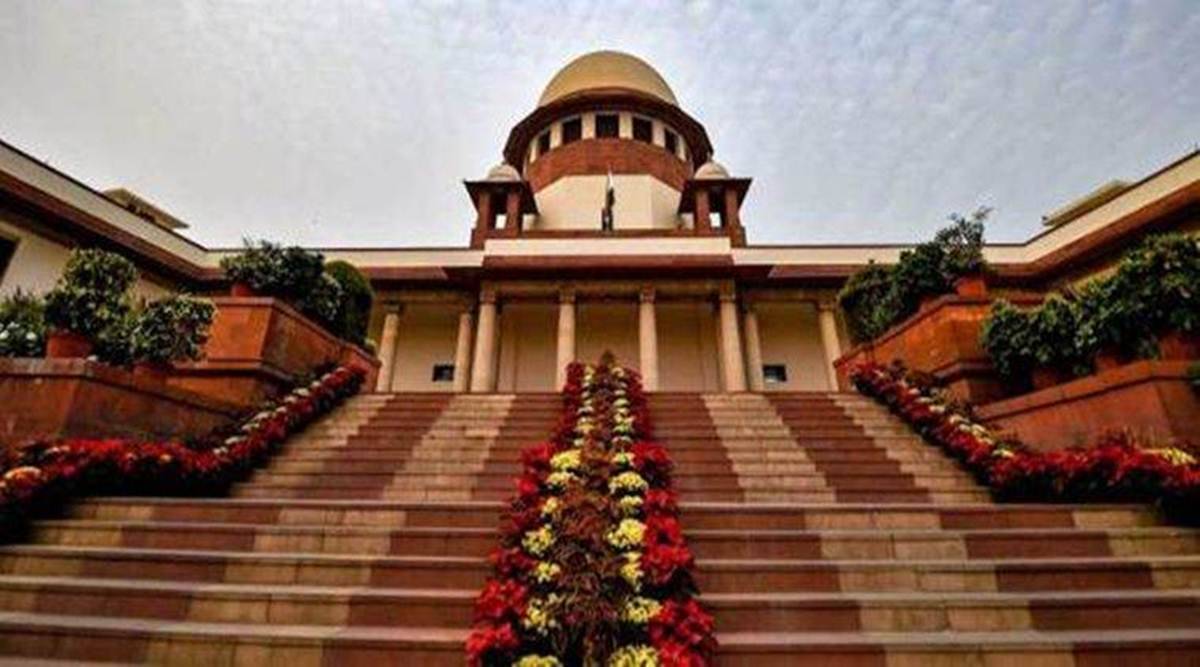Latest News
Sitaram Yechury vs union of India

INTRODUCTION
On the 5th of August after the abrogation of Article 370 of the Constitution, a ban on access to internet and communication services was imposed across the State of Jammu and Kashmir. Various political and non-political leaders like Qazi Shibli Jammu and Kashmir's former chief ministers Mehbooba Mufti and Omar Abdullah, MLA Mohammed Yousuf Tarigami, and Engineer Rashid were arrested under "preventive detention" by the security personnel. Following which a virtual lockdown was imposed from the time when the Central government passed the Jammu & Kashmir Reorganization Act, 2019 taking away the special status granted to the valley state. The objective of the government was to fulfill one nation one law policy and to integrate the state of J&K with the rest of India.
Sitaram Yechury, General Secretary of the Communist Party of India on 19th of August 2019 took to court a Habeas Corpus petition under Article 32 of the Constitution challenging the constitutional validity of the detention imposed on one of the leaders of his party, Mohammed Yousuf Tarigami.
ISSUES RAISED BEFORE THE COURT
- The constitutional validity of the lockdown on internet services imposed in the valley?
- Why virtual lockdown was imposed in the State of J&K and arrests were made after abrogating Article 370 taking away the special status of the State?
ARGUMENTS ON BEHALF OF THE PETITIONER
The Petitioner argued that in spite of his efforts, he was unable to enquire about the wellbeing of Md. Tarigami and his attempt to meet him in Kashmir personally also failed, as his entry into the State had been refused. He further said that Mohammed Yousuf Tarigami was ill and through the habeas corpus petition, the petitioner asked the court to transfer Md. Tarigami to All India Institute of Medical Sciences (A.I.I.M.S.) Delhi, for better medical treatment
ARGUMENTS ON BEHALF OF THE RESPONDENT
The Respondents refused the claims of the petitioner and said that the health of Mohammed Yousuf Tarigami was in good health and he is under the surveillance of a Z security which is why the petitioner was denied personal physical communication.
FINDINGS OF THE COURT
The fact that Mohammed Yousuf Tarigami was under the surveillance of the Z- security does not have anything to do with his health. The court also opined that the reasoning of the Respondent was absurd for denial of the petitioner’s visit. The supreme court allowed Sitaram Yechury subject to certain restrictions ie; carry out any other political activities and to submit a report on his return to the Court. On submissions of such a report, the court ordered the authorities to transfer the person under detention to AIIMS Delhi.
OBSERVATION
When a writ of habeas corpus is filed then the court rather than going into the issue of the alleged crime of the detenu must involve in the determination of whether detention is legal and if due process has been followed. In the present case, the Supreme Court failed to question the authorities the reason for the detention of the person. It is a settled law that even in an emergency situation the State cannot restrict people’s freedoms without following the due process of law.
Article 32 of the Constitution of India guaranteed the right to Indian citizens to move to the Supreme Court of India by appropriate proceedings for the enforcement of the rights conferred to them by Part III of the constitution. It gives the Supreme Court the power to issue writs for enforcement of rights whereas the High Court has the same power under Article 226. Writs are an order from the Supreme Court or High Court that provide constitutional remedies to citizens of India against violation of their fundamental rights, they are; habeas corpus, mandamus, prohibition, quo warranto, certiorari, or any of them. Habeas Corpus literally translates “you may have the body” and requires the person under arrest to be produced before a judge or court to ensure the person’s release unless lawful grounds are shown for such a person’s detention. After the abrogation of Article 370, the Supreme Court has heard several writs of habeas corpus concerning the detention of political and non-political persons in Kashmiri valley. In the present case, the apex court directed the government of J&K to lift the imposition placed on Mr. Yechury and to allow him to meet his colleague, Mr. Tarigami. The Supreme Court even allowed the Jamia Millia University student to visit his family in Anantnag.
Conclusion
As a democratic country, India has to safeguard its citizen's fundamental rights. A writ of habeas corpus requires determination of whether detention is legal and if due process has been followed. The court is not expected to go into the issue of the alleged crime of the person under detention.
Document:



































































































